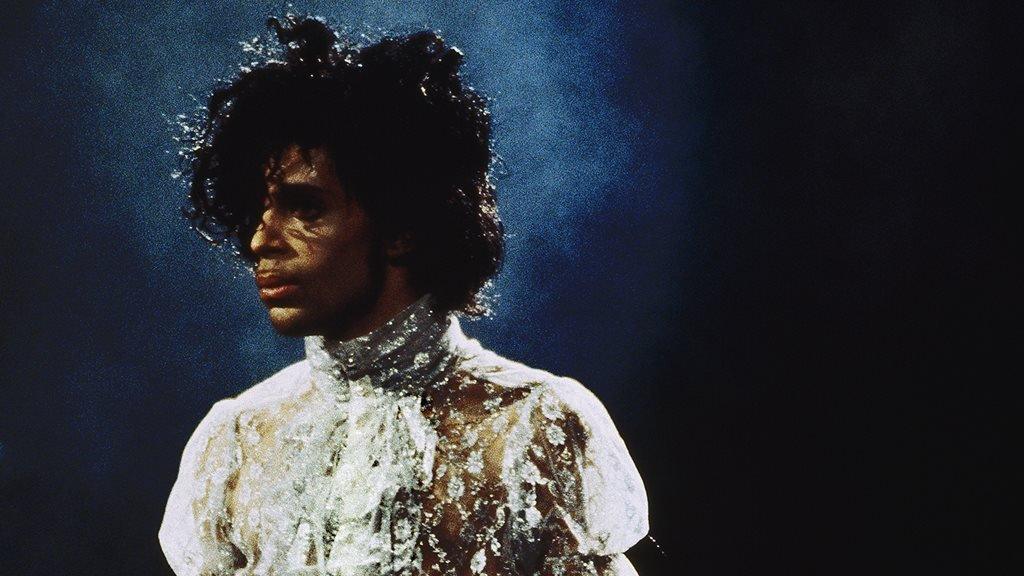How Sinéad O'Connor recorded Nothing Compares 2 U
- Published
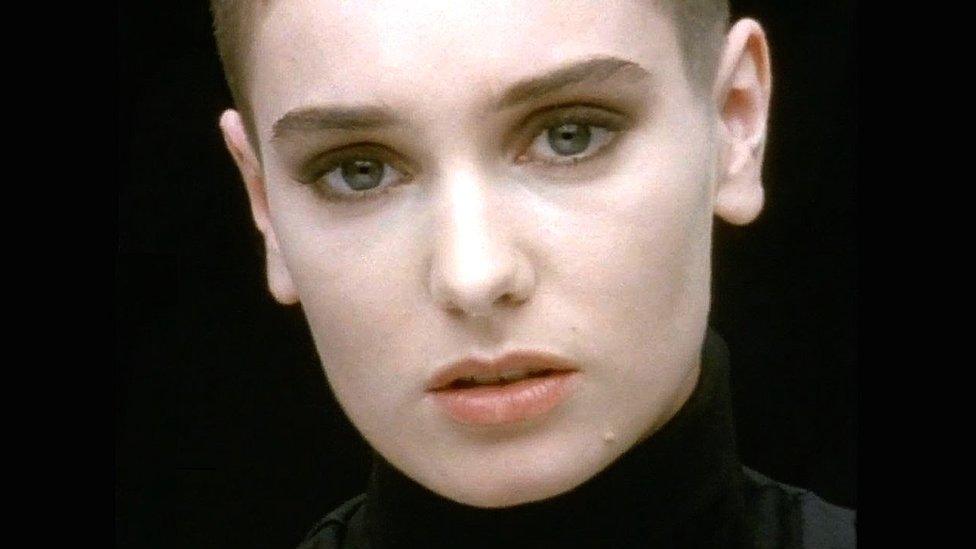
The stark, emotional video for Nothing Compares 2 U was an MTV staple in 1990
In 1990, Sinéad O'Connor scored a worldwide hit with Nothing Compares 2 U, a song of unspeakable loss and heartbreak.
It was the defining moment of her career - one that thrust her unwillingly into the mainstream.
But the story of the video, and how she came to record it, is full of surprising twists and turns.
After her death at the age of 56, here's a closer look at how she recorded her most famous song.

It's 15 July, 1984 and Prince has just flown back from Dallas, where he watched the Jacksons' Victory tour. As soon as he steps off the plane, he heads to the recording studio.
There, with only his engineer Susan Rogers in attendance, he writes and records the initial version of Nothing Compares 2 U in a matter of hours.
"I was amazed at how beautiful it was," Rogers told Duane Tudahl, in his book Prince & The Purple Rain studio sessions.
"He took his notebook and he went off to the bedroom, wrote the lyrics very quickly, came back out and sang it. I was very impressed with it."
Rogers theorised that the song was written about Prince's housekeeper, Sandy Scipioni, who had been forced to quit when her father died unexpectedly of a heart attack.
"Sandy was the person who made sure he had his favourite beverage, which was Five Alive, and she made sure the house was clean, and that there were fresh flowers on the piano, and that the socks and underwear were washed," Rogers told BBC 6 Music in 2018.
"She had been gone and Prince's mood was getting darker and darker. He would just ask, 'When is Sandy coming back?' That might have been the inspiration for the song."
Prince's friend, Jerome Benton, had a different story - saying Prince wrote the song for him after he split up with his fiancée.
Either way, the musician felt the song didn't suit his public image at the time. He decided to give it away to The Family, a band he'd formed around his then-girlfriend Susannah Melvoin, and the singer Paul Peterson.
Prince removed his vocals, added some orchestral overdubs and handed the song over. It was released on The Family's sole album in 1985, which promptly tanked, and the group split up.
Prince's engineer Susan Rogers and The Family's St Paul Peterson speak to BBC 6 Music
Nothing Compares 2 U was never released as a single, and seemed destined for obscurity until Sinéad O'Connor's manager, Fachtna O'Ceallaigh, remembered it and suggested she cover it for her second album, I Do Not Want What I Haven't Got.
Other accounts suggest she was introduced to the song by Steve Fargnoli, who had looked after Prince in the Purple Rain era, and took over as O'Connor's manager around the time of the recording.
Either way, O'Connor immediately connected with the track. She and O'Ceallaigh were a couple, but their relationship was on the rocks. Prince's lovelorn lyrics matched her own state of mind. If he was gone, she could do whatever she wanted, she could see whomever she chose - but nothing would compare to him.
"They were in the process of breaking up when we recorded Nothing Compares 2 U," said Chris Birkett, who co-produced and engineered the song, in an interview with Sound On Sound, external.
"That's probably why she did such a good vocal. She came into the studio, did it in one take, double-tracked it straight away and it was perfect because she was totally into the song. It mirrored her situation."
At this point, it's a good idea to go and listen to The Family's original recording, external or Prince's demo, external, which was released in 2018. The song is there, but it's all dressed up in Paisley finery. Every line ends with a baroque piano figure, the bridge is drowning in syrupy strings, there's even a saxophone solo.
Whatever emotion Prince was channelling, he did his best to hide it. O'Connor did the opposite.

Sinéad O'Connor's death

Working with Japanese jazz virtuoso Gota Yashiki and Soul II Soul producer Nellee Hooper, she put a line through all the ornate R&B flourishes and pared the song back its bare essentials.
The arrangement is simple - a drum loop, some gauzy strings and a haunting choir of backing vocals. They're pushed and pulled by the tidal wave of her voice, like sand on a beach, as she wrestles with various stages of devastation.
She starts quietly, almost cowering as she sings: "It's been seven hours and 15 days since you took your love away." Then she's defiant: "Since you been gone, I can do whatever I want" but her bravado collapses into anguish once she realises that "nothing will take away these blues".
By the chorus, she's face to face with grief. Her voice strives for power, but it cracks again. Then, In a change to Prince's melody, she shifts the pitch of the final "to you" to a despondent monotone, the dissonance illustrating her pain.
It's one of the all-time great vocal performances.
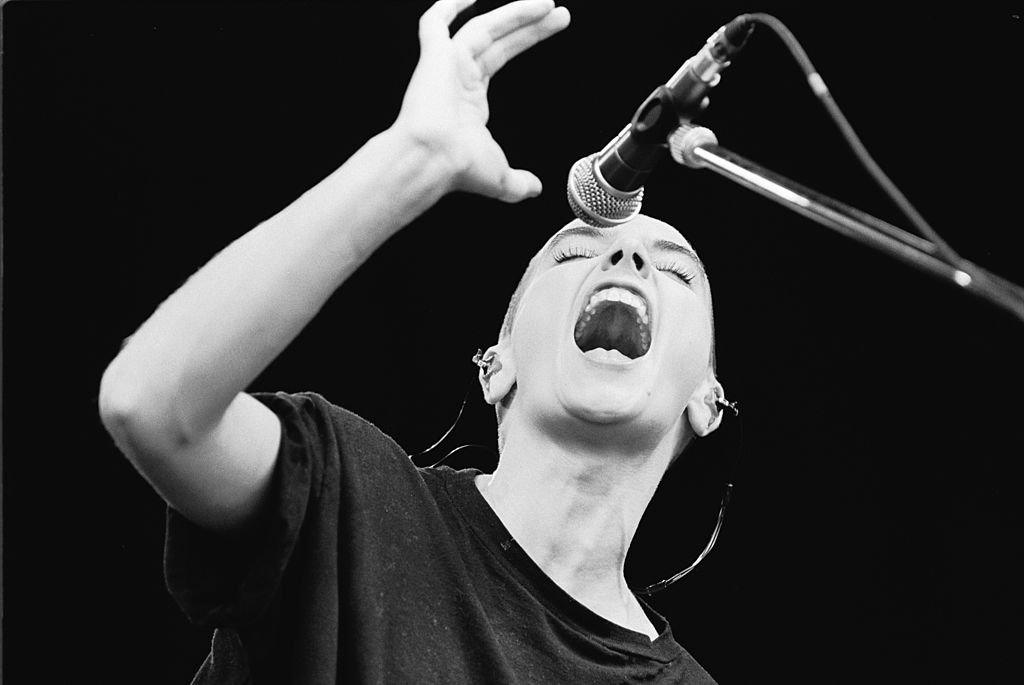
O'Connor's other hits include Mandinka, I Am Stretched On Your Grave and Thank You For Hearing Me
In O'Connor's hands, Nothing Compares 2 U was always going to be a hit, but the video made it a phenomenon.
Director John Maybury shot several hours of footage of the singer walking through a washed-out Paris. You can see glimpses of it in the finished promo - O'Connor dressed in black, reflected in the Seine, walking through the stunning Parc de Saint-Cloud.
But once she'd performed the song to the camera, Maybury knew her close-up had to be the focus.
From the beginning, O'Connor stares straight at us, her pale green eyes peering out of the screen, searching for connection. But as she sings, she breaks eye contact, glancing down, as though she's unable to keep her emotions in check.
At the end, famously, two tears roll down her cheeks.
Those tears were genuine, and they represented a loss Prince could never have imagined when he wrote Nothing Compares 2 U in the middle of his Purple Rain hot streak.
O'Connor's mother had died in a car crash in 1986, when the singer was still a teenager. They had not had an easy relationship. O'Connor later accused her of being mentally and physically abusive. But when she sang Prince's final verse, all that grief came flooding back.
"All the flowers that you planted, mama, in the back yard / All died when you went away/ I know that living with you, baby, was sometimes hard / But I'm willing to give it another try."
That's the moment that prompted those tears.
"I didn't know I was going to cry when I sang in the video because I didn't cry in the studio recording it," she later recalled.
"[But] every time I sing that song I think of my mother. I never stop crying for my mother. I couldn't face being in Ireland for 13 years because of it."
Allow YouTube content?
This article contains content provided by Google YouTube. We ask for your permission before anything is loaded, as they may be using cookies and other technologies. You may want to read Google’s cookie policy, external and privacy policy, external before accepting. To view this content choose ‘accept and continue’.
Prince reportedly didn't like O'Connor's version - maybe because it outsold all of his own songs in the UK and the US.
When O'Connor finally met him, the animosity seemed real. In her 2021 memoir, she said he told her off for swearing in interviews, then challenged her to a pillow fight, only to bash her with something hard he'd slipped into his pillowcase.
Despite that, she still held Nothing Compares 2U in great reverence,
"It's really about emotions, it's not about notes," she told BBC 6 Music in 2016.
"I think I'm probably similar to millions of people who loved the song, and we're all people who associated the song with a loss of some kind."
Related topics
- Published26 July 2023
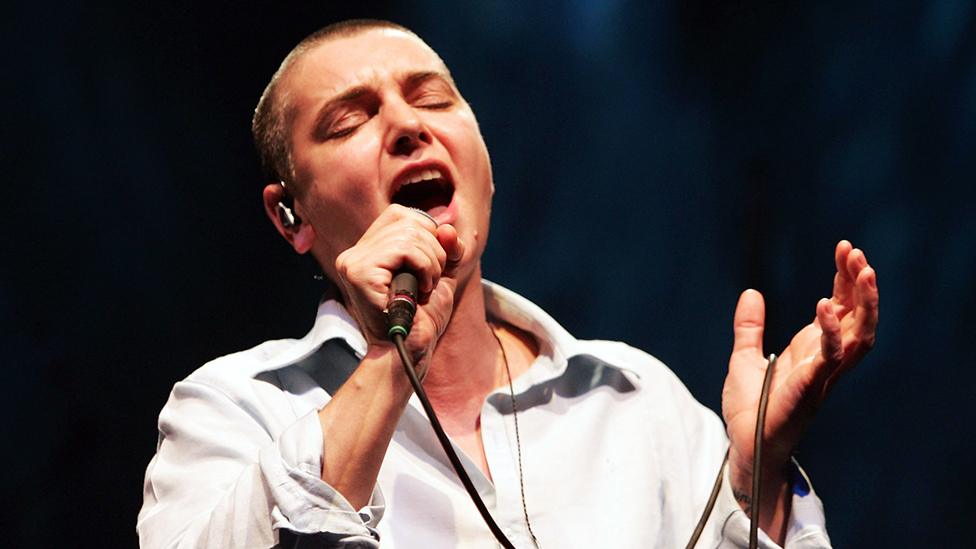
- Published26 July 2023
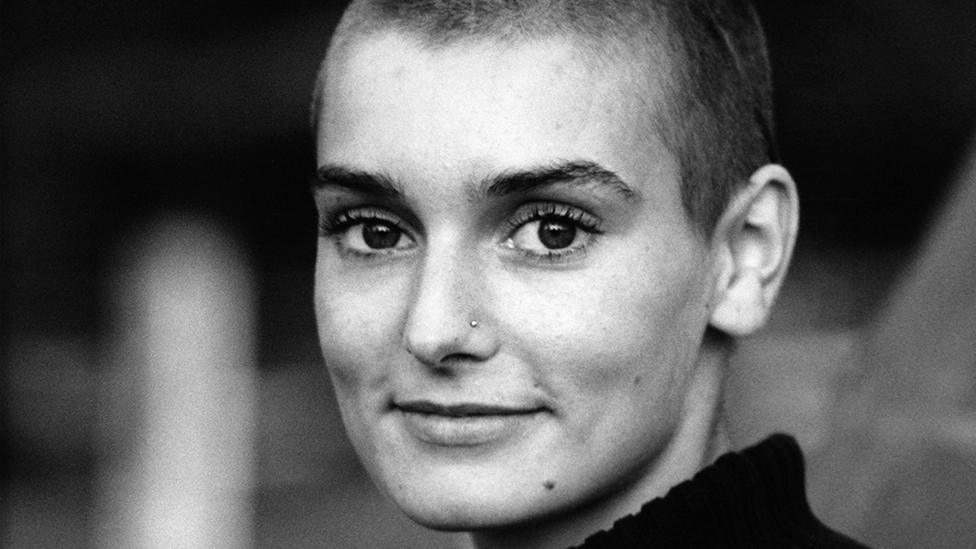
- Published26 July 2023
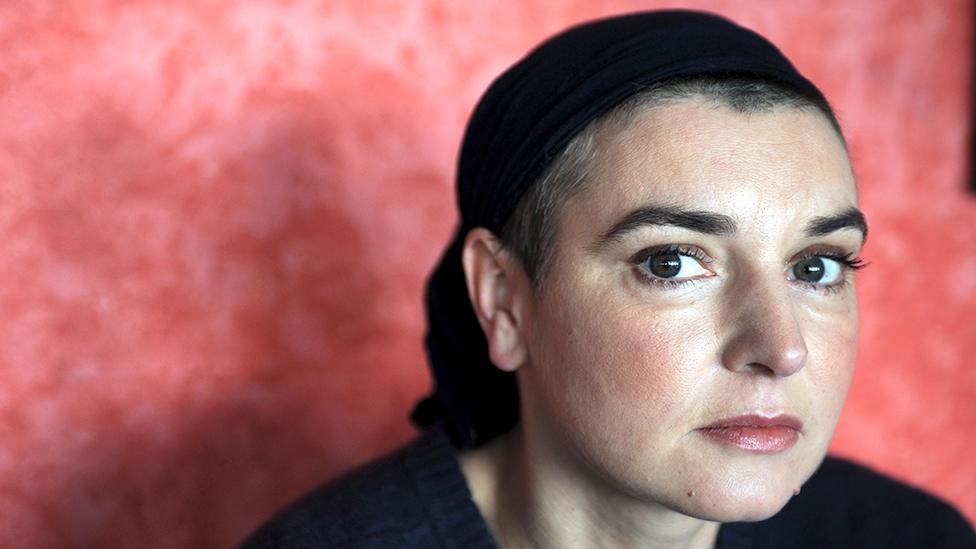
- Published20 April 2018
